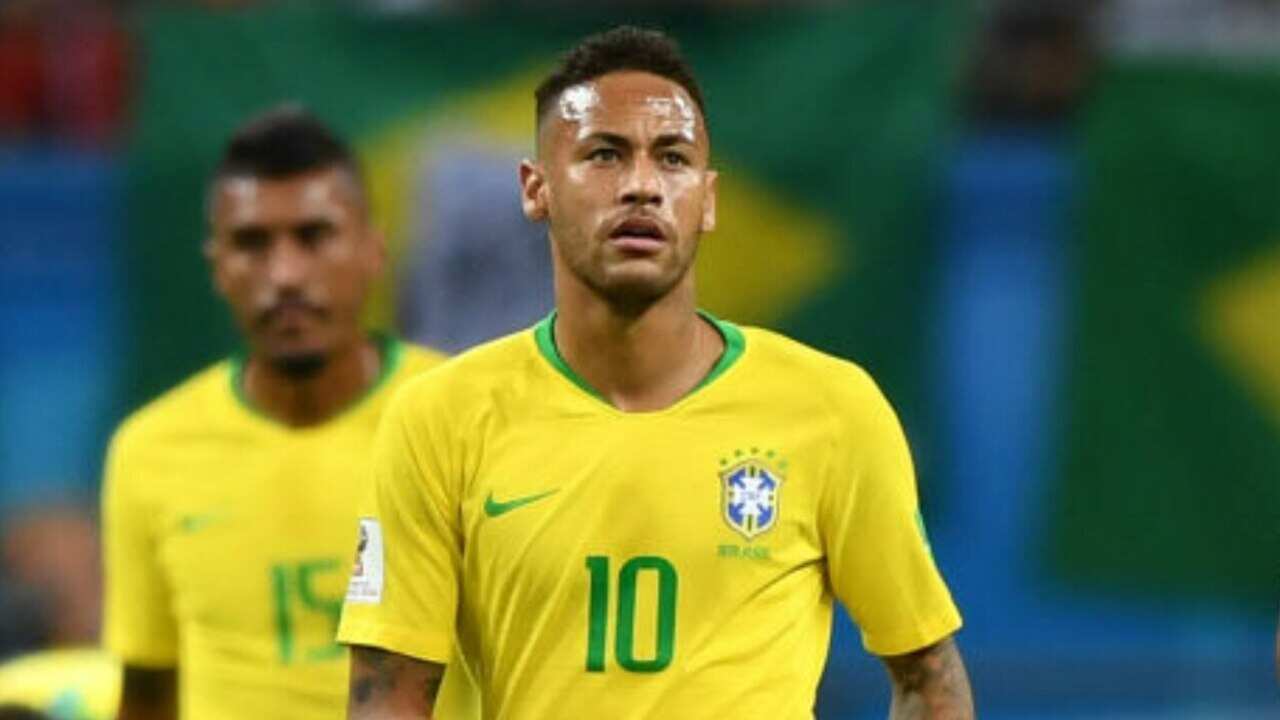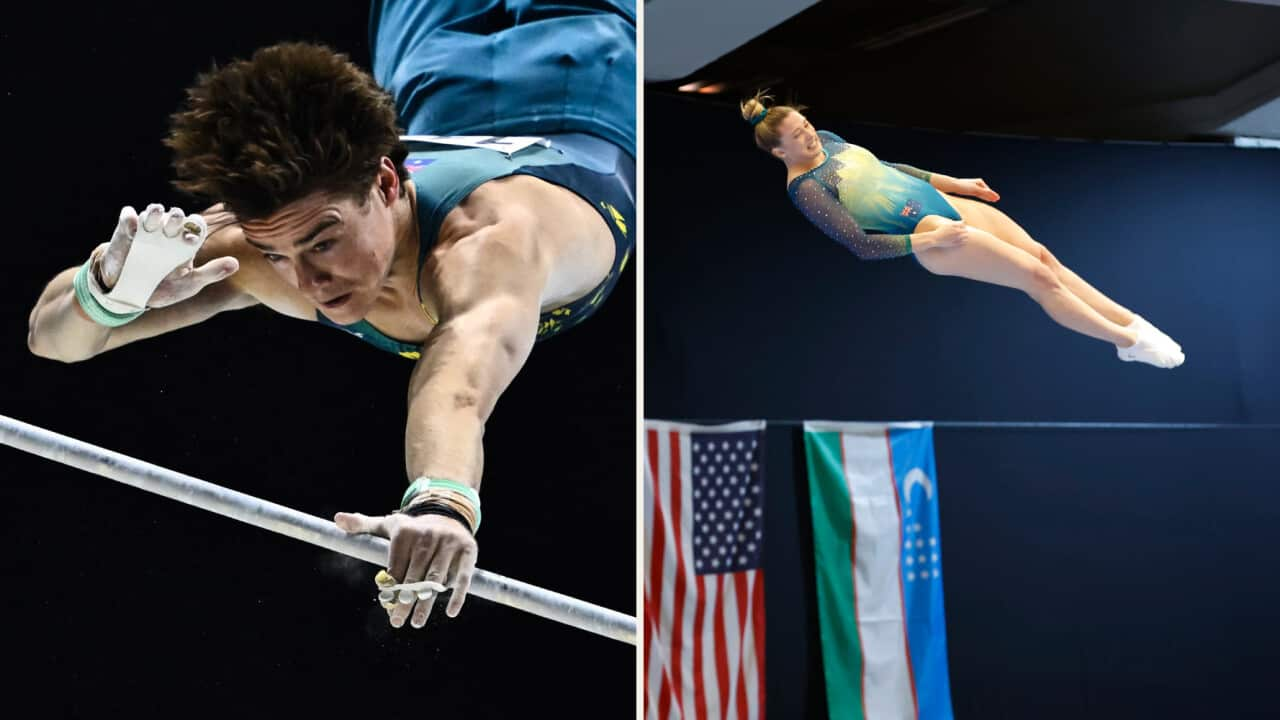The 46th edition of the world's oldest continental championship kicks off on Saturday morning (AEST) when the Selecao take on Bolivia at the famous Morumbi stadium in Sao Paulo.
Manager Tite's side will be under immense pressure to win the competition even though they will have to do it without Neymar, who has been ruled out of the event due to an ankle injury sustained in Brazil's 2-0 win over Qatar last week.
The 12-team tournament will give the five-time world champions the chance to atone for their poor showings in the last two FIFA World Cups.
They fell 2-1 to Belgium in Kazan in the quarter-finals of the 2018 tournament in Russia and crashed to that hardly believable 7-1 defeat to Germany in Belo Horizonte in the semi-final of Brazil 2014.
The Brazilians have yet to recover from the infamous 'Mineirazo' of five years ago.
It was a disaster almost as hard to take as the 'Maracanazo', which was how the national team's shock 2-1 defeat to Uruguay in the 1950 'final' at the Maracana became known.
However the Selecao's bid to improve their image at home and abroad is only part of a wider problem facing the men in green and gold.
As Brazilian-born Australian writer Jorge Knijnik says in his excellent book The World Cup Chronicles - 31 Days That Rocked Brazil, the modernisation of the country's stadiums for the big party of 2014 put football out of reach for a considerable section of the population.
The Maracana is a prime example of the "destruction of Brazil's cultural heritage".
"The old Maracana had famous cheap spots where the most humble and poor supporters could cheer their team from behind the goals, with their ears glued to their small radios," Knijnik writes.
"That area was called the 'Geral' and the 'Geraldinos' were an integral part of the Maracana's mythology. With the renovations and privatisation of the stadium the 'Geraldinos' disappeared."
And a significant part of Brazil's football culture was swept away in the process.
These events turned Brazil from an inclusive team for the people to an exclusive team for those who could afford to go to the football.
Black and mulatto players have traditionally made up more than half of Brazil's national team which represents the overall population.
Yet foreign observers of any home match involving the Selecao would be forgiven for thinking that Brazil was a country of white people, judging by the team's current crowds.
So does the national team have a supporter crisis on top of its difficulty in competing at the highest level due to its well documented technical limitations?
Has the national side lost touch with sections of the populace and, if so, what must the Brazilian authorities do to redress the situation?
Modern football is all about money and greed and when Brazil built sporting venues it did not do so to cater for the least fortunate fans ... they can watch the games on television if they like.
Yet Brazil has a moral obligation to safeguard its football future by protecting its past.
A past that has seen dozens of young kids like Pele, Romario, Rivaldo and Ronaldo, who came from the favelas and other deprived areas, rise to prominence because of their special skills with a ball at their feet - thanks to the fervent fans at large who supported them in their formative years by paying to watch 'their' team play.
Many would have hardly afforded it.
Brazil the country cannot pretend to be something it is not and expect its national team to be successful.
And driving society's less fortunate away from 'o jogo bonito' is a cynical way of telling millions of loyal followers that the national team does not really belong to them any more.
Brazil must realise that all fans - regardless of their background or status - need to feel loved and feel needed. So do players.










